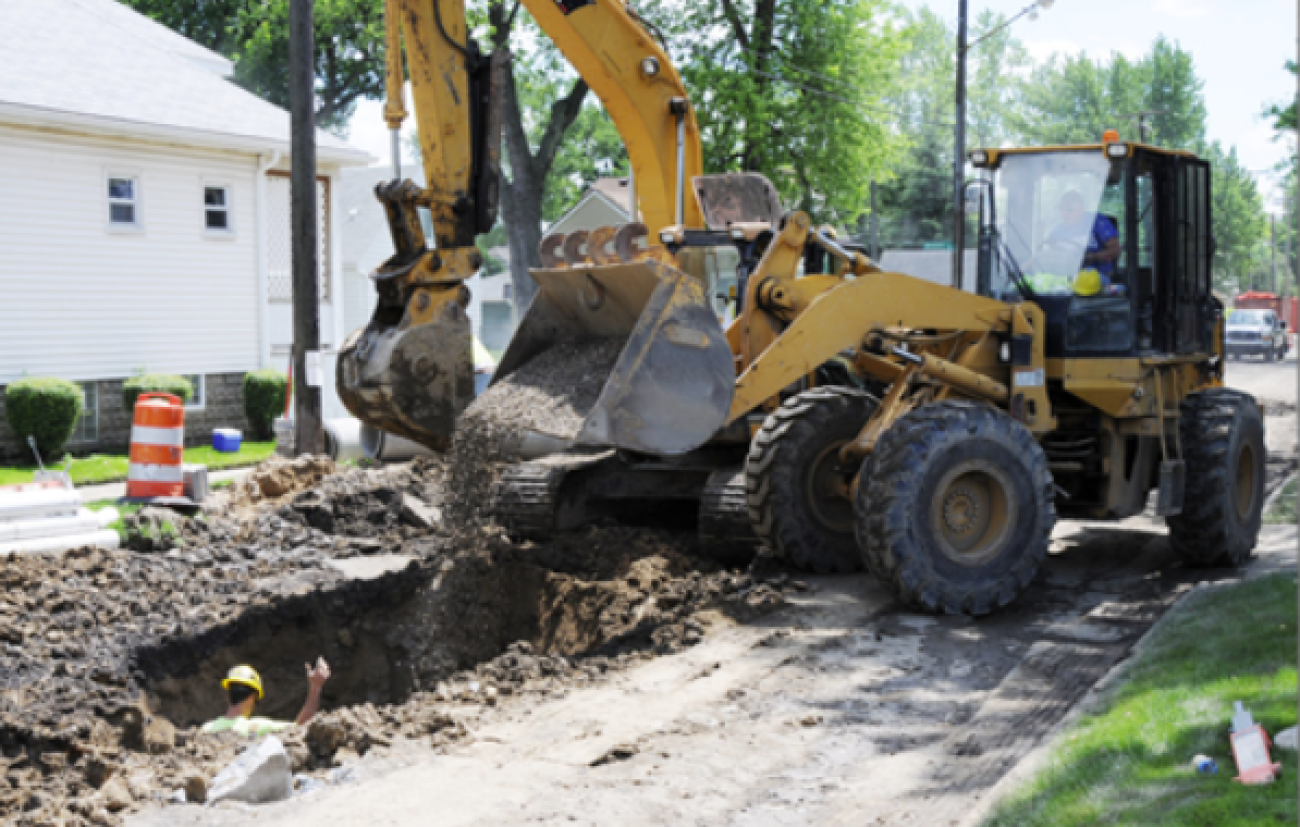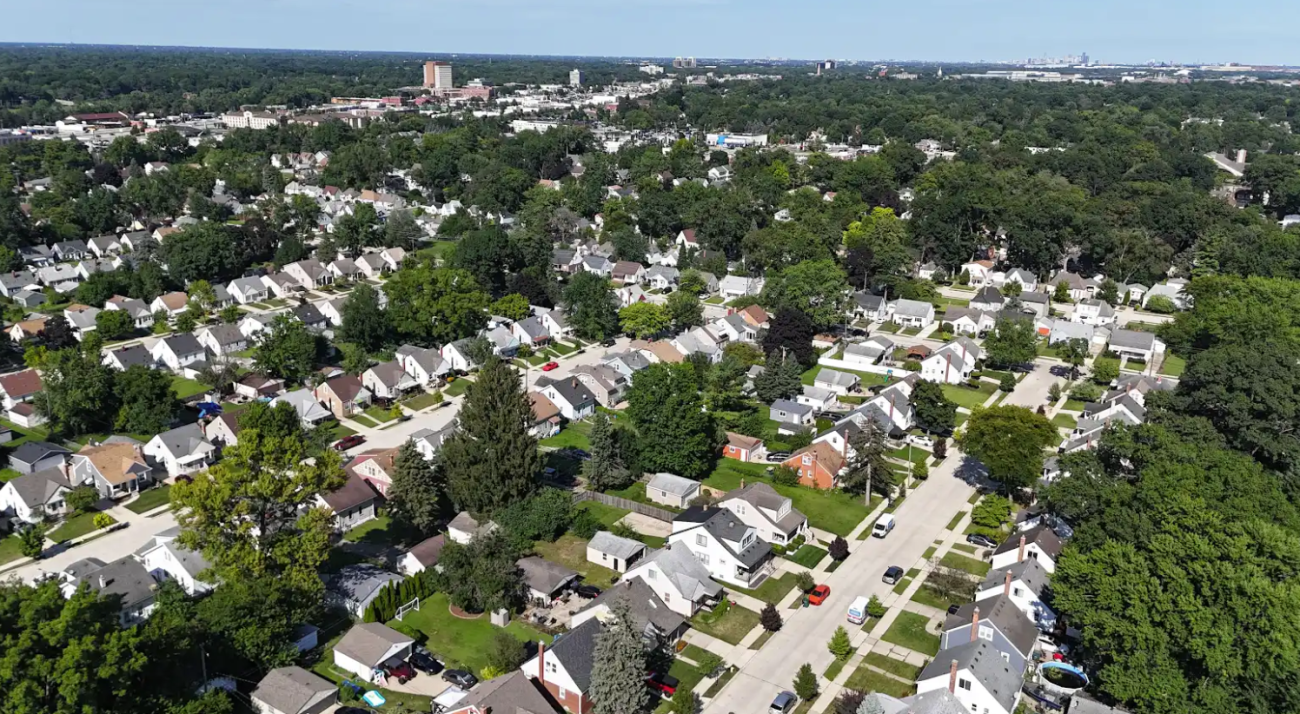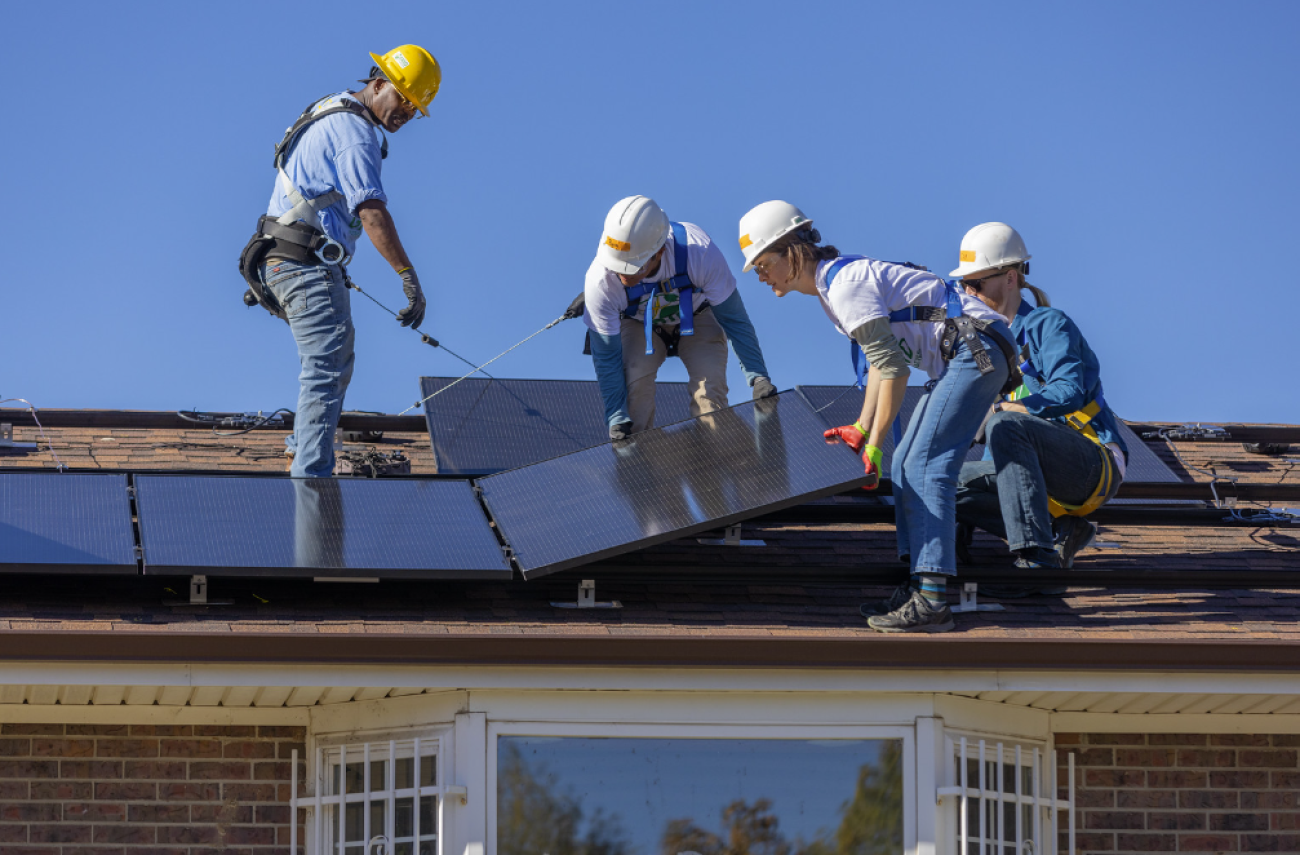
Environmental Health
A safe and healthy environment is a key component of a happy, healthy, and productive city. For decades, Dearborn residents have faced problems like heat islands, air and water pollution, and flooding–problems that have disproportionately impacted certain parts of our city and are poised to worsen as we continue to face the effects of climate change. Environmental health policy and action seeks to address issues as well as the underlying policies that produce them.
Dearborn’s work has been recognized with a 2023 silver certification by Michigan Green Communities, 2024 Mayors’ Climate Protection Award Honorable Mention by the U.S. Conference of Mayors, and a bronze designation through Solsmart.

Air Quality
The Dearborn Department of Public Health is working with JustAir, a Michigan-based startup, to operate 10 air quality monitors across the city, providing real-time, publicly available air quality information. You can view the monitors on the public JustAir dashboard here (select Dearborn from the dropdown menu).
See the Department of Public Health's 2024 Air Quality Report. This report is the result of a partnership with Detroit-based JustAir. DPH has collected air quality data for almost two years to showcase the first full year of monitoring in 2024, and aims to increase the understanding of air quality among Dearborn community members, explain how to access real-time information, and showcase successes to build on.
Press Release: Dearborn issues first year-end air quality report
Sign Up for Air Quality AlertsClimate Change in Dearborn
Climate change, or global warming, is the long-term change to typical weather patterns as a result of human activities, like emitting greenhouse gasses (such as carbon dioxide or methane) as a result of using fuels like coal or natural gas. Over the past century, we have seen changes to temperatures, and therefore weather patterns, that cannot be explained by natural phenomena alone (like ocean patterns or changes in the sun’s emissions) but can be explained by how and where humans emit greenhouse gasses. The fact that humans are causing climate change is the scientific consensus, agreed upon by over 90% of climate scientists.
We know that climate change is already making big impacts on the world. But how is it impacting us here in Dearborn? Learn more about how climate change is raising costs, hurting small businesses, and harming public health.

Energy Assistance & Efficiency Resources
Whether you’re a homeowner, non-profit, renter, or business, resources exist to help you identify, implement, and fund energy efficiency resources that will save you money and fight climate change.
Learn More
Flood Mitigation and Green Storm Infrastructure
As the frequency and intensity of severe storms continues to increase due to climate change, so does the risk of flooding. These resources can help you decrease the risk and impact of flooding in your neighborhood and know what to do when flooding comes.
Learn More
Trees and Urban Forestry
Trees are a critical part of our city’s infrastructure, filtering air and water, decreasing summer temperatures, reducing energy bills, improving mental health, and calming traffic. Learn more about what the city is doing to care for this resource and what you can do.
Learn More
Solar in Dearborn
As energy costs continue to rise, solar panels can be an effective way to decrease your energy bills and carbon emissions. This page is meant to guide home- and business owners through the process of installing solar panels and remove some of the guesswork from the process. These installations are a large investment–sometimes exceeding tens of thousands of dollars–so it is critical that you make an informed decision.
In 2024, the City of Dearborn and the Department of Public Health were awarded a bronze designation by the national advocacy group SolSmart for reducing barriers to solar energy installation.
Learn More